Scotch in the Stands
Sport has long relied on sponsorship and Scotch whisky brands have been happy to oblige in everything from Formula One to local football teams and even elephant polo. But not everyone approves as Ian Fraser reveals …
Scotch and sport are not always the easiest of bedfellows. When it first emerged that Johnnie Walker, was poised to lavish £15 million a year on sponsoring Ron Dennis's McLaren Formula One team back in 2005, it provoked something of an outcry.
The move was condemned by both health and road safety lobbies, which feared it might promote drink-driving while heralding the start of alcoholic drinks replacing tobacco as a major source of revenue for motorsport. As the deal became public, Diageo marketing director Charles Allen somewhat clumsily sought to dispel the disquiet by saying: "we will use the sponsor to communicate individual choice and what we believe responsible drinking is really about." He also said "We want to become bigger than a Scotch, we want to transcend spirits. Johnnie Walker is on a journey to become an icon of personal progress."
It was five months later in July 2005, once the Johnnie Walker logo had started appearing on McLaren F1 racing cars that Allen seemed to have got his justificatory spiel in order. Speaking to Motorsport he said Diageo had decided to throw in a further £2m a year to its budget to include a responsible drinking message, which would use the slogan 'Take the Lead, Drink Responsibly' (which later became 'Join the Pact. Never Drink and Drive').
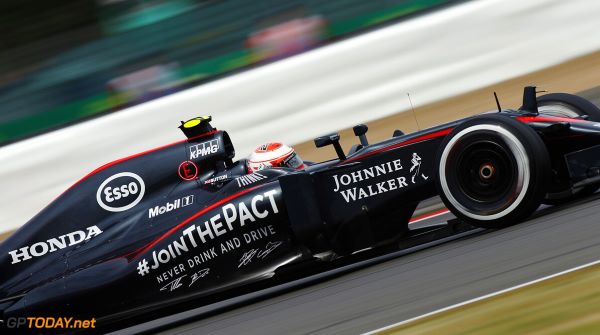
The latest Scotch brand to throw in its lot with a major sporting property is Pernod Ricard's Chivas Regal blend which entered a £2.5m - 3m a year deal with Arsenal Football Club, 100% owned by US billionaire Stan Kroenke, on 14 August. Chivas said: "A series of exclusive behind-the-scenes content and global live experiences featuring both the men's and women's first team players, celebrity supporters, creators and club legends will all be on the radar for the collaboration, coming soon. Get ready, Gooners."
This will include serving free Chivas Highballs at local bars on match days and the launch of a new themed bar inside the Emirates stadium. It follows an earlier deal, reportedly worth £10m a year, for players to wear a 'Visit Rwanda' slogan on their sleeves – a controversial move, given the UK government's now-scrapped plan to deport migrants there.
On a more exotic note, Chivas used to also sponsor the Scottish elephant polo team, captained by the Duke of Argyll, which competed sometimes quite successfully in the World Championships held in Nepal, India, Sri Lanka and Thailand. However, the arrangement petered out after the sport was discontinued in most countries following pressure from People for the Ethical Treatment of Animals, which argued the game was causing participating elephants undue physical harm and distress.
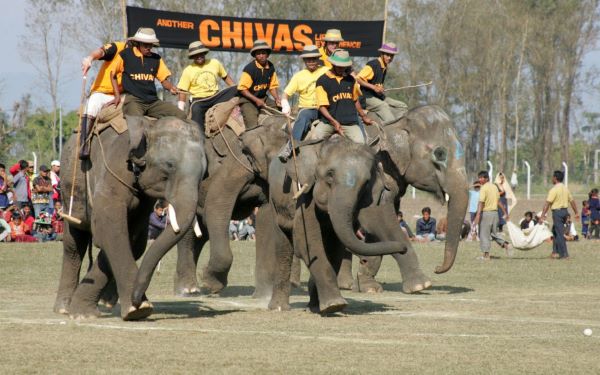
The Scottish drinks firm which has perhaps the greatest enthusiasm for sponsoring sports on its home turf, particularly golf, is Loch Lomond Group. In June 2023, the company extended its sponsorship of the R&A and The Open and AIG Women's Open for a further five years. Since 2018 when the original deal was struck "the global profile of Loch Lomond whiskies has gone from strength to strength," claimed the company. It has given tremendous scope for launching special editions of its Loch Lomond and Glen Scotia single malts tied to specific players and contests. The firm is also a major sponsor of the Scottish Premiership through its Glen vodka brand.
Other sports traditionally favoured by Scotch whisky include sailing and rugby. Earlier this year The Famous Grouse, recently acquired by William Grant & Sons, recommenced its sponsorship of the Scottish men's and women's rugby teams after a six-year gap. But the new kid on the block where sports sponsorship is concerned is Bevvy – a whisky app which uses image-capturing software to enable users to become experts in Scotland's national drink. Bevvy unveiled a two-year sponsorship deal with Edinburgh Rugby in July. Bevvy has also been a shirt sponsor of Hibernian FC since last year.
Sports have obvious attractions for drinks brands wishing to boost their growth, associate themselves with heroic physical and mental performance, and woo what may otherwise be an inaccessible clientele. As Conrad Wiacek, head of sport analysis and consulting at GlobalData puts it, "Sponsorship is buying access to an engaged audience."
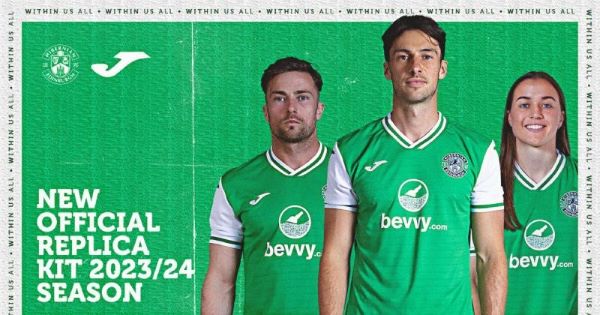
However, powerful forces are ranged against sports sponsorship by the drinks business – with the majority of public health NGOs eager for the UK to follow France, which introduced an outright ban (albeit with some loopholes) with its Loi Evin in 1991. The Scottish Government's attempt to bring in a ban a year ago prompted a fierce backlash from the drinks industry, with Portman Group chief executive Matt Lambert describing this as "entirely disproportionate," and Christopher Snowdon of the Institute of Economic Affairs saying the Scottish government had been "bewitched by the temperance lobby".
However, Scottish Health Action on Alcohol Problems (SHAAP) is not giving up. Its director Elinor Jayne is calling on the Scottish Government to ignore industry lobbying and ban all alcohol sponsorship and advertising from sport, arguing the government has a duty to prevent vulnerable groups – such as recovering alcoholics and young people – from exposure to a "health-harming product". In June, Supporters Direct Scotland, a fans representative body, alongside SHAAP, conducted a survey which showed that sports fans are concerned about the impact of both alcohol and gambling sponsorship, especially on young people.
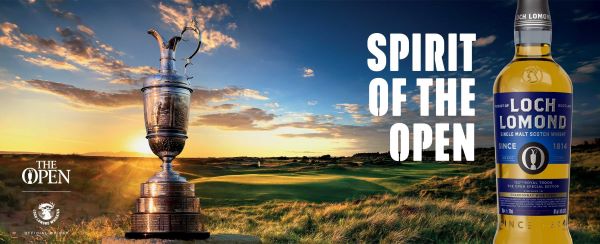
Given the risk of further regulatory tightening, some drinks brands have already taken to using zero-alcohol variants of established brands when sponsoring sports. Since the brand names and logos are usually identical – albeit with "0.0" tacked on – this could be seen as a clever, or even a cynical way, of sidestepping current or future bans, while continuing to effectively promote their core drinks brands.
Brands that have gone down this route include Guinness 0.0 which has proudly sponsored the Rugby Six Nations since December 2018. Diageo positions the deal around responsible drinking, saying "the brand is encouraging fans to enjoy a pint of the black stuff, with none of the alcohol."
It seems like an ingenious stratagem, but it isn't necessarily available to Scotch whisky brands, given so few have zero-alcohol versions available to take centre stage.
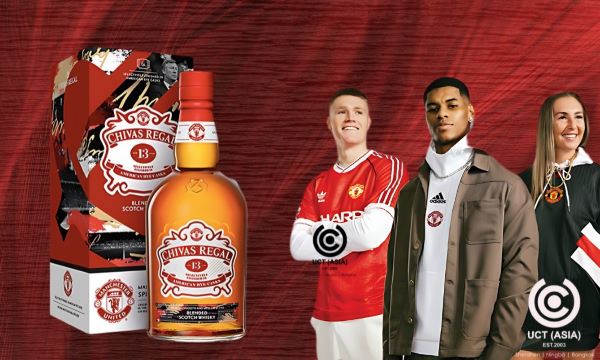
Ian Fraser is a financial journalist, a former business editor of Sunday Times Scotland, and author of Shredded: Inside RBS The Bank That Broke Britain.




